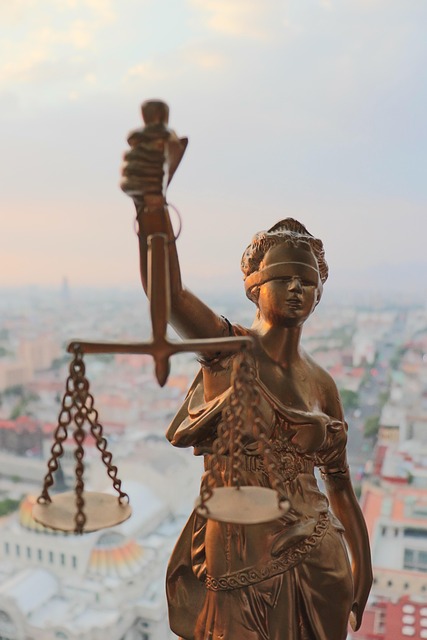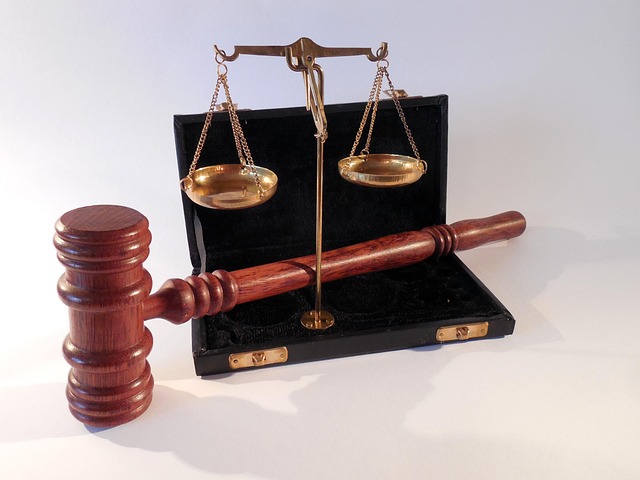Public corruption charges carry severe legal and reputational consequences, with defamation case outcomes and settlements playing a significant role. These cases require strategic defense within a complex criminal framework, aiming for dismissal to uphold justice. High-profile settlements highlight the impact on prominent figures, promoting transparency and deterring future unethical behavior. Media exposure is crucial but must balance investigative reporting with fairness. Effective solutions involve system strengthening over individual punishment, with collaboration between sectors key to restoring public trust in the face of corruption.
Public corruption charges have far-reaching implications, shaping political landscapes and public trust. This article explores the intricate web of legal aspects, from understanding the basics of public corruption to its impact on political scandals. We delve into defamation case outcomes and settlements, analyzing high-profile instances that reshaped governance. Additionally, we examine media’s role in exposing corruption and discuss preventive measures, offering a comprehensive view of post-charge reflections and potential reforms.
- Understanding Public Corruption Charges: Legal Basics
- Defamation in Political Scandals: A Common Trajectory
- Case Studies: High-Profile Settlements and Their Impact
- The Role of Media in Exposing Corruption
- Preventive Measures and Reform: Post-Charge Reflections
Understanding Public Corruption Charges: Legal Basics
Public Corruption Charges are a serious matter, often involving allegations of misuse of power and breach of public trust by government officials or those within philanthropic and political communities. These cases carry significant legal implications, with potential consequences including fines, imprisonment, and damage to one’s reputation. Understanding the legal basics is crucial in navigating such complex scenarios.
In many jurisdictions, defamation case outcomes and settlements play a pivotal role in shaping the trajectory of public corruption investigations. A successful prosecution aims for a complete dismissal of all charges, demonstrating the defendant’s innocence and upholding the integrity of the justice system. However, the path to such resolutions is intricate, requiring careful examination of evidence, legal precedents, and strategic defense mechanisms within the framework of general criminal defense tactics.
Defamation in Political Scandals: A Common Trajectory
In political scandals marked by public corruption charges, defamation often emerges as a potent weapon, with individuals and entities facing severe reputational damage. When high-profile figures are accused, the media frenzy can lead to widespread dissemination of false or exaggerated information, making it challenging for those targeted to clear their names. Defamation case outcomes and settlements play a crucial role in shaping public perception, especially as these cases often attract significant media attention.
The trajectory of a defamation case in political scandals is intricate. Accusations may start as whispers in the political arena, quickly morphing into full-blown media storms. Winning challenging defense verdicts can be a testament to the strength of character and integrity of the accused, countering the initial narrative. However, the process is often long and arduous, with extensive legal battles and public scrutiny. Philanthropic and political communities may also get embroiled in these controversies, leading to complex web of interests and loyalties. Ultimately, jury trials become crucial in determining the truth and delivering justice, ensuring that the right to a fair trial is upheld despite the high-stakes nature of political scandals.
Case Studies: High-Profile Settlements and Their Impact
In recent years, several high-profile cases have shed light on the devastating effects of public corruption, with notable settlements offering valuable insights into the potential outcomes of such legal battles. These cases, often involving prominent figures within politics and philanthropy, have not only resulted in significant financial penalties but also raised awareness about the importance of transparency and accountability. For instance, a defamation case outcome led to a substantial settlement against an individual who engaged in corrupt practices, demonstrating the far-reaching consequences that can arise from unethical behavior.
The impact of these settlements extends beyond monetary compensation. They serve as powerful deterrents, sending a clear message to would-be wrongdoers within the white collar defense space. Moreover, successful prosecutions and complete dismissals of all charges in such cases can restore faith in the justice system among the philanthropic and political communities, fostering a culture of integrity and ethical governance. These events underscore the importance of robust legal frameworks and effective enforcement mechanisms in combating corruption at all levels.
The Role of Media in Exposing Corruption
The media plays a pivotal role in exposing public corruption, acting as a watchdog that holds those in power accountable. Investigative journalists often delve into intricate financial records, uncover hidden transactions, and reveal illicit relationships—all of which are crucial steps in navigating complex cases of public corruption. By shining a spotlight on these issues, the media facilitates public awareness, ensuring that citizens remain informed about potential abuses of power. This constant scrutiny can serve as a powerful deterrent, encouraging those in positions of authority to act within legal and ethical boundaries.
While media exposure is a significant tool in the fight against corruption, it’s essential to recognize the balance between investigative reporting and the potential for defamation. In some cases, individuals accused of corruption may employ legal strategies to avoid indictment, including challenging the evidence presented or arguing for a general criminal defense. Defamation case outcomes and settlements can vary widely, with some resulting in extraordinary results for both plaintiffs and defendants. As such, it’s vital to navigate these cases carefully, ensuring justice is served without compromising fairness or due process.
Preventive Measures and Reform: Post-Charge Reflections
After a public corruption charge is filed, a thorough examination of preventive measures and potential reforms becomes crucial. This process involves understanding the root causes that led to the allegation in the first place. It’s not merely about penalizing individuals involved but also strengthening systems and structures to deter future misconduct. One effective strategy is enhancing transparency within the political and business sectors. Implementing stricter regulations, improved oversight, and robust internal controls can serve as powerful deterrents. These measures ensure that power dynamics are balanced, and accountability is upheld, thereby reducing opportunities for corruption.
Additionally, fostering collaboration between law enforcement agencies, general criminal defense attorneys, and philanthropic communities can lead to innovative solutions. By sharing insights on successful prosecution strategies and exploring alternative dispute resolution methods, these entities can collectively drive meaningful change. Defamation case outcomes and settlements also play a role in shaping public perception and deterring future unethical behaviors. While addressing corruption, it’s essential to balance the need for justice with the risk of unintended consequences, such as defamation, ensuring fair processes and respect for individual rights are maintained throughout.
Public corruption charges, while complex, are crucial in maintaining a fair and transparent society. This article has explored various aspects of these charges, from legal definitions to media exposure and its impact on high-profile settlements, such as defamation case outcomes. By examining real-world examples, we’ve seen how public corruption cases can serve as game changers, fostering reform and revolutionizing political landscapes. Preventive measures, including enhanced legal frameworks and responsible media reporting, are essential to continue this progress, ensuring that corruption remains an enigma to be dissected and addressed, not a vibrant tapestry of unaccountability.






